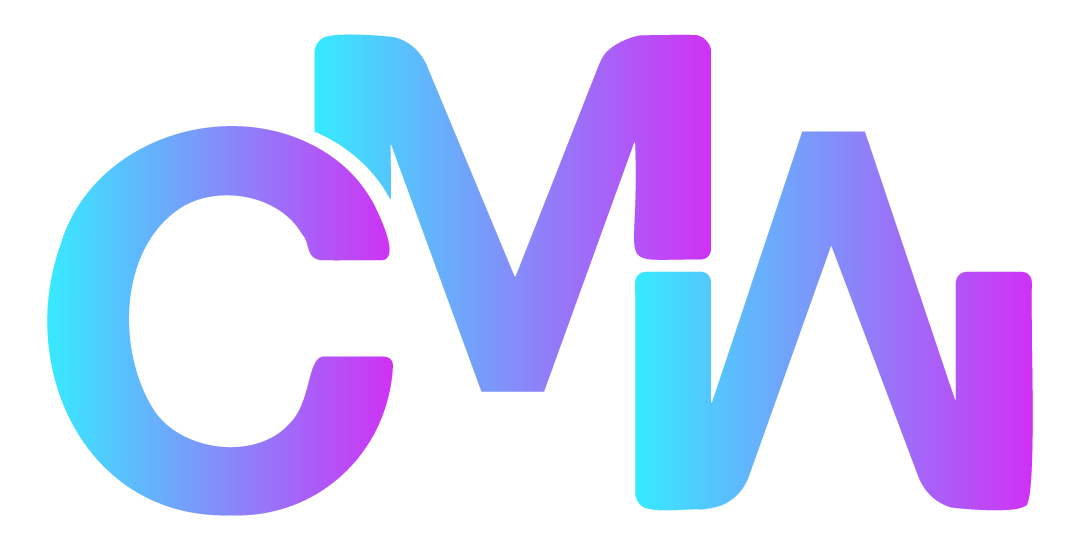Co-authors and tech experts Howie Singer, PhD, and Bill Rosenblatt, who joined forces to write the 2023 book Key Changes: The Ten Times Technology Transformed the Music Industry (Oxford University Press), will be presenting their insights at CMW, on June 3, at 12-12:45 p.m. in the Harbour Ballroom A. They both teach Data Analysis in the Music Industry at NYU.
Singer, an adjunct professor, media technology & strategy, at NYU, is an expert on innovation and data analytics in the music industry. In 1997, he founded a2b Music for telecommunications giant AT&T, an early digital music distribution service. In 2002, he joined Warner Music Group, serving as SVP and chief strategic technologist, analyzing new business models and services, until 2019.
Rosenblatt, president of GiantSteps Media Technology Strategies, is a leading independent expert on technologies related to media and copyright in the digital age. He founded GiantSteps Media in 2000. He has authored several books, 2002’s Digital Rights Management: Business and Technology (John Wiley, 2002), Learning the Korn Shell (O’Reilly, 1993), and Learning GNU Emacs, with co-author Debra Cameron (O’Reilly, 1991). He also contributed the chapter “Digital Rights and Digital Television” in the book Television Goes Digital (Springer, 2009).
After their CMW presentation, they will give away 10 copies of Key Changes: The Ten Times Technology Transformed the Music Industry, likely via a trivia contest. So pay attention.
Karen Bliss spoke to the pair via Zoom about the difference between the industry’s response in the Napster era vs AI, and what even seasoned music industry veterans might learn from attending their discussion.
How did the two of you decide to work together on a book?
Howie Singer: Having lived through the transition of the music industry — I joined in the mid-’90s, pre-Napster, and eventually went to work first at start-ups and then at Warner Music. So I had been an observer at the front lines of the transition from CDs to digital to streaming to AI and thought that was an interesting story to tell. And I’d always thought I might want to write a book covering that and maybe even teach a class about it, which Bill and I just concluded for the first time, an undergraduate class at NYU.
And when COVID hit and my consulting work slowed down and my class became a chore rather than enjoyment, because I was teaching students via Zoom, I sat down and started writing that book, which I had decided was not going to be just about the more recent times for two reasons, which Bill may want to cover. It was to cover the broader history of the industry, in part because I wanted to do that research and books had been written about the Napster era and we thought that that was not the correct story to tell on its own. So I wrote a couple of chapters and I sent them to people I know, to say, “what do you think?” And one of the people that I sent it to was Bill.
And I’ll let him pick it up from there…
Bill Rosenblatt: Howie and I have known each other for something like 20 years, just from around the industry. I’ve been an independent consultant since the year 2000 and Howie brought me into Warner on a couple of occasions to do various projects and we’ve been on standards committees together and things of that nature. I’ve written a few books before and I’ve also worked in the book publishing industry as an IT technology executive.
And so, Howie brought his idea to me and like many people during the pandemic, I was toying around with writing another book. I had the following reactions to Howie’s idea: First of all, this is a lot more compelling than any of the ideas that I was thinking about writing; second of all, he had the idea to write a textbook for a class and I said, “Nobody really writes textbooks anymore; number three, “This would make a great book for a general nonfiction audience;” and number four, “Would you like any help with this?” And Howie said, “Yes” and we ended up as partners.
Since I’ve been in that industry, I found an agent who helped put a proposal together and then she, in turn, found a few publishers who had interest and we chose to work with Oxford University Press. That’s how the book became a real book project in fall of 2020.
The audience at Canadian Music Week is not a general nonfiction audience; they are very specialized. We’re all in the music industry. Some veterans who have gone through these disruptive tech changes might think they know everything in your book. Why should they attend and what will they take home from it?
Singer: We’d be hard pressed to say who should we learn from when it comes to product development, other than some of the people we cite in the book like Thomas Alva Edison and, certainly more recently, Steve Jobs.
Steve Jobs said, “You can’t connect the dots by looking forward. You can only connect the dots by looking backward.” And so, the lessons of the past, of how the industry has dealt with tech disruption, how it affected consumers, how it changed distribution, how artists change what they do to make the most out of the new format, these are all lessons we’ve seen time and time again. How long it’s going to take for AI to reach fruition, whether that’s the way the tech companies want it to turn out or the way the content industry wants it to turn out, how long is this going to take from the point we are at today until things settle into some form of equilibrium? These are all lessons that we can learn.
The book is a history of format by format, but then at the end of the book, we talk about what are the themes that occur again and again and again, every time we see these transitions? We believe those are valuable lessons that we should learn from, rather than ignore. And, everybody thinks they know the story of Napster, but I don’t think they really do.
Back in the Napster era that, people in charge were fighting it and fought it too long that it damaged a lot of our industry. But it seems like now, there’s not as much fight. Am I correct?
Rosenblatt: Yeah, so a significant difference with AI versus the Napster era — and, by the way, one of our themes that goes back to when we were selling the book to publishers is there have been books that say, essentially, the music industry was humming along, humming along, humming along, and then Napster came and blew it up. Well, actually, if you look at history, you find that the industry was blown up a whole bunch of times, not just the one time with Napster. And, in fact, a few of the times were very extreme the way it was with Napster. Napster was very extreme, absolutely, but there were other extreme times.
Two things are going on here that weren’t going on before. One was that the file-sharing record label people viewed this as not helpful to them, for the most part. Here’s this thing where someone can get a copy of our music without paying for it. That’s the end of the story. And so it was all fight, fight, fight, fight, fight.
Now, there’s a wide acceptance that AI technologies can be tools for creativity, just like the 4-track cassette deck was a tool for creativity in the 80s. And digital sampling has been a tool for creativity. Indie distribution has been a tool for creativity. This is another creative tool that can be used in positive ways. And so that’s one reason for a change in attitude. It’s not all fight, fight, fight. It’s certainly some of that.
The other, I would say, is that one of the lessons that some people have learned from the Napster era is maybe we shouldn’t have just fought, fought, fought it. Maybe we should be a little bit more curious or more investigative or pick whatever word you want, instead of just saying, “We need to make this go away as fast as possible.” So I think that there’s some lessons learned in that respect right now with AI.
Singer: There’s another factor, which we’ve seen over time — and this is not just true for music; it’s true for everybody — when you’re humming along and making big profits, it’s always hard to go to the next thing. Napster came along at the time that the industry was at its all-time height of profitability of the CD era. So making that change was even more difficult. The industry continues to report good results today. The streaming economy is still driving things, but there’s a much better understanding of the data today than there was 20 years ago.
And where are the growth areas? The growth areas in streaming — and you can see this in all the articles and assessments and consultants reports — are predominantly Sub-Saharan Africa and the Middle East and Eastern Europe. There are all these countries where growth is large. The growth in Germany, in the US, in the UK, much less so. And there’s an understanding today that, although the streaming economy is doing well overall, when you go below that top level, there’s clear slowing of growth in some areas that’s being compensated for by the high growth areas. And because of that, there’s an understanding we do need to find the next thing because of that slower growth. In the past, it wasn’t quite so obvious until it hit people in the face how bad things could get. And that was true for MTV, and it was true when The [Great] Depression [1929-1939] happened, whereas there’s a far deeper understanding of data and financials today than there ever has been in the industry’s past.
Howie, your actual title has the word strategy in it and Bill your company name does. Will there be a second book with strategies we can take into the future?
Singer: Well, I think Bill and I can say with certainty, right now, there’s no part two for this book. Our agent has approached us to ask if we have other books in mind. I have one in mind, which Bill has said he’s quite busy right now and is not anxious to go do another one. But, until I write the proposal and get somebody to say, “Yeah, this sounds interesting,” I’m not going to talk about what that next book is very much.
Rosenblatt: I’m in the same boat. I have another book idea too, which is not directly related to the music industry. And once my activity tapers off a little bit, then I may explore that further.
Well, I’m glad you are on speaking terms and doing engagements together because that doesn’t always happen after working on a big project with a partner.
Rosenblatt: As I’ve said, Howie is the best professional partner I’ve ever had and I relish any opportunity to do anything more with Howie. We have a lot to do with each other at NYU because we teach different versions of the same class. He teaches the grad students; I teach the undergrads. But any opportunity to do more things with Howie is a good opportunity in my view.
Singer: As Bill said, we didn’t think that it should be a textbook, but it has become a textbook. So this past semester, we taught technology transformation in the music industry for the first time at NYU and we’ll be teaching it again next spring.
Rosenblatt: We’re advocating for it to be adopted elsewhere besides NYU and we think that’s going to happen.


